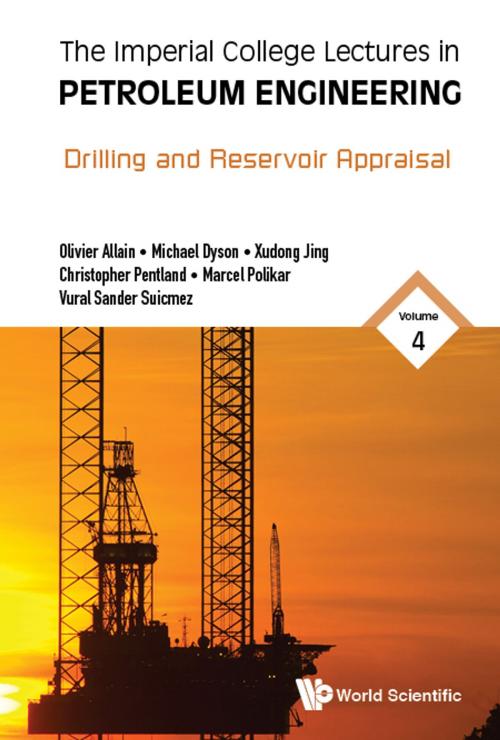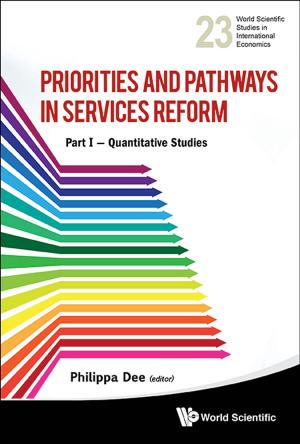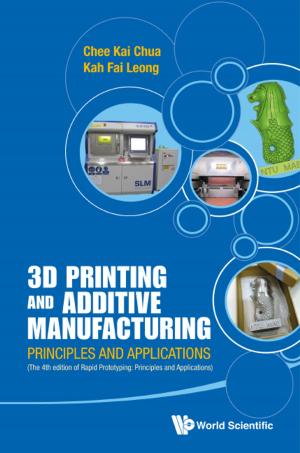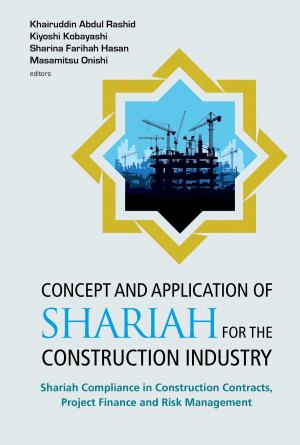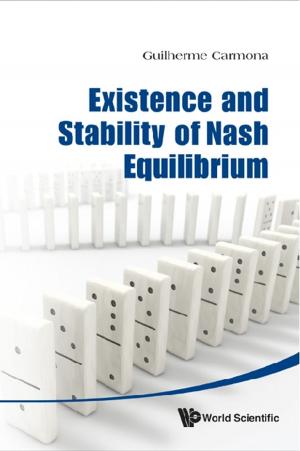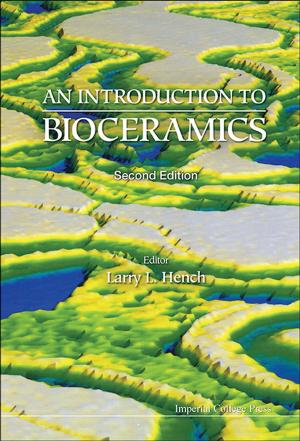The Imperial College Lectures in Petroleum Engineering
Volume 4: Drilling and Reservoir Appraisal
Nonfiction, Science & Nature, Technology, Petroleum, Engineering, Industrial| Author: | Olivier Allain, Michael Dyson, Xudong Jing | ISBN: | 9781786343970 |
| Publisher: | World Scientific Publishing Company | Publication: | July 26, 2018 |
| Imprint: | WSPC (EUROPE) | Language: | English |
| Author: | Olivier Allain, Michael Dyson, Xudong Jing |
| ISBN: | 9781786343970 |
| Publisher: | World Scientific Publishing Company |
| Publication: | July 26, 2018 |
| Imprint: | WSPC (EUROPE) |
| Language: | English |
This book covers the fundamentals of drilling and reservoir appraisal for petroleum. Split into three sections, the first looks at the basic principles of well engineering in terms of planning, design and construction. It then goes on to describe well safety, costs and operations management. The second section is focussed on drilling and core analysis, and the laboratory measurement of the physico-chemical properties of samples. It is clear that efficient development of hydrocarbon reservoirs is highly dependent on understanding these key properties, and the data can only be gathered through a carefully conducted core-analysis program, as described. Finally, in the third section we look at production logging, an essential part of reservoir appraisal, which describes the nature and the behaviour of fluids in or around the borehole. It describes how to know, at a given time, phase by phase, and zone by zone, how much fluid is coming out of or going into the formation.
As part of the Imperial College Lectures in Petroleum Engineering, and based on a lecture series on the same topic, Drilling and Reservoir Appraisal provides the introductory information needed for students of the earth sciences, petroleum engineering, engineering and geoscience.
Contents:
- Well Engineering (Michael Dyson)
- Core Analysis (Vural Sander Suicmez, Marcel Polikar, Xudong Jing and Christopher Pentland)
- Production Logging (Olivier Allain)
Readership: Students of the earth sciences, petroleum engineering, engineering and geoscience.
0
This book covers the fundamentals of drilling and reservoir appraisal for petroleum. Split into three sections, the first looks at the basic principles of well engineering in terms of planning, design and construction. It then goes on to describe well safety, costs and operations management. The second section is focussed on drilling and core analysis, and the laboratory measurement of the physico-chemical properties of samples. It is clear that efficient development of hydrocarbon reservoirs is highly dependent on understanding these key properties, and the data can only be gathered through a carefully conducted core-analysis program, as described. Finally, in the third section we look at production logging, an essential part of reservoir appraisal, which describes the nature and the behaviour of fluids in or around the borehole. It describes how to know, at a given time, phase by phase, and zone by zone, how much fluid is coming out of or going into the formation.
As part of the Imperial College Lectures in Petroleum Engineering, and based on a lecture series on the same topic, Drilling and Reservoir Appraisal provides the introductory information needed for students of the earth sciences, petroleum engineering, engineering and geoscience.
Contents:
- Well Engineering (Michael Dyson)
- Core Analysis (Vural Sander Suicmez, Marcel Polikar, Xudong Jing and Christopher Pentland)
- Production Logging (Olivier Allain)
Readership: Students of the earth sciences, petroleum engineering, engineering and geoscience.
0
